It is not Thomas Tuchel's fault, of course, but for the first eight years of his top-flight coaching career he could have been mistaken for Jurgen Klopp's shadow.
Back in 2009, the relatively unknown Tuchel was the man selected to replace Klopp at Mainz before, six years later, again succeeding the charismatic trainer when Klopp made the decision to walk away from Borussia Dortmund.
Now, Tuchel has followed Klopp to the Premier League, albeit having taken in more than two years at Paris Saint-Germain first, and is preparing to face his two-time predecessor when Liverpool host Chelsea at Anfield on Thursday.
The 'German model' has slowly become the tactical blueprint for a number of top-level coaches around Europe, with Klopp and Tuchel regarded as two of the finest exponents of 'gegenpressing' in the modern game.
Though they do things slightly differently – Tuchel is more 'indie alternative' compared to Klopp's 'heavy metal' – their principles of high-energy football paired with counter-pressing when out of possession remain similar.
That should come as no surprise given the influence that the godfather of modern German coaching, Ralf Rangnick, has had on the pair.
Former Schalke and RB Leipzig boss Rangnick is regarded as the first true exponent of 'gegenpressing', and was the man who convinced Tuchel to go into coaching when the Blues boss was forced to retire at the age of 25 while playing for Rangnick's Ulm side.
Current Leipzig boss Julian Nagelsmann also cites Rangnick as a mentor, but Klopp's relationship with the 62-year-old is different; the Reds boss is a more indirect disciple.
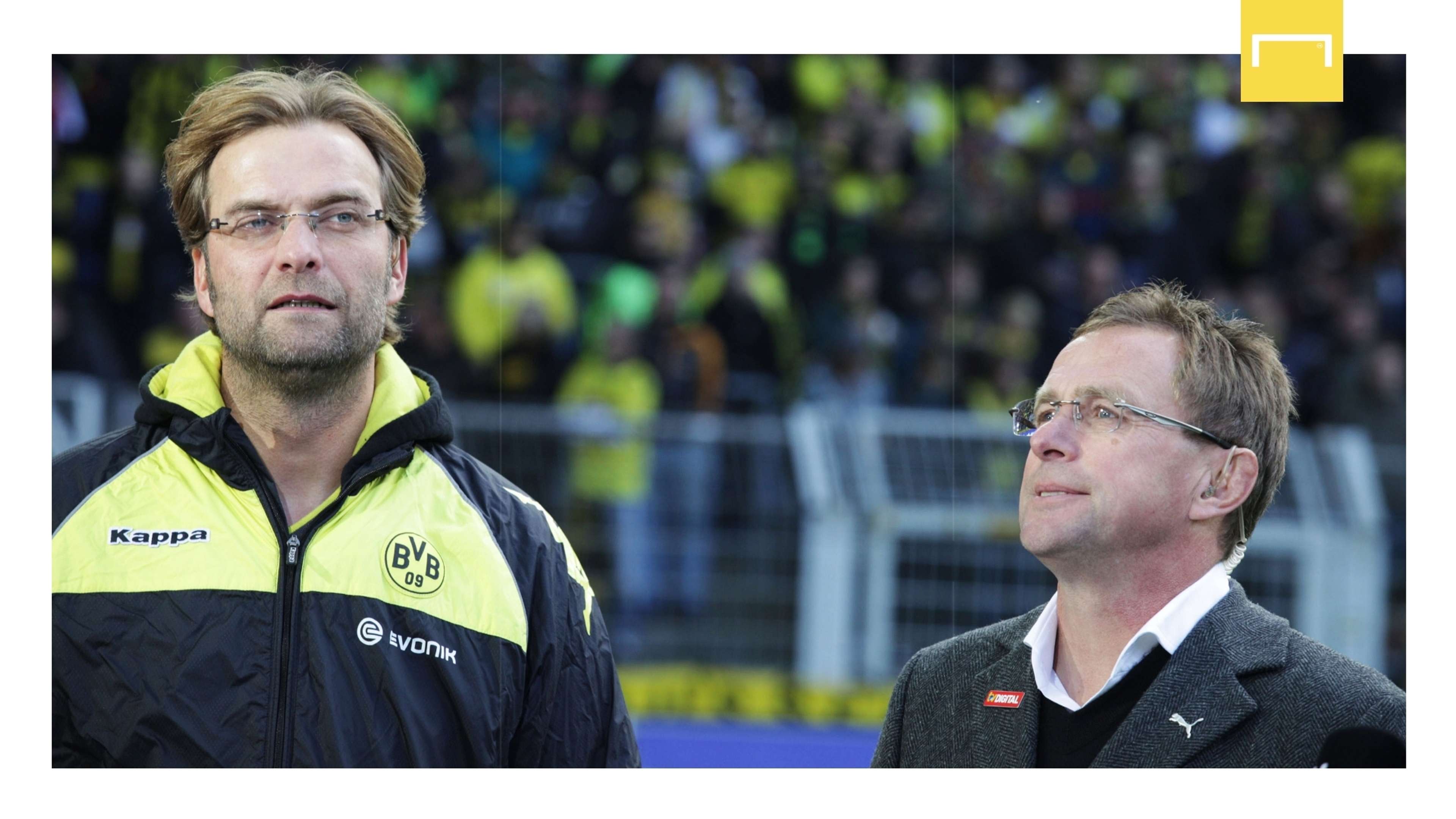 Getty/Goal
Getty/Goal
"When Ralf became part of the Bundesliga, he definitely innovated," Andreas Beck, who played under both Rangnick and Tuchel during his time in the German top flight, told Goal. "We played this unbelievable pressing game with him at Hoffenheim.
"It was an attacking style, with no time to breath, always hunting for the ball. At the start of the season, we were in the fight to be top of the league. No one knew Hoffenheim, and it was something new.
"We played Jurgen Klopp’s Dortmund at home and we won 4-1 [in September 2008]. I remember Klopp said afterwards that we need to play like they do."
From there, Klopp's teams generally looked to play more on the counterattack, and his subsequent triumphs, both with Dortmund and on Merseyside, are testament to his tactical prowess.
However, Tuchel, who prioritises possession over pace, is still trying to create a top-tier team that fully and successfully defines his coaching ethos, though he did win the DFB-Pokal with Dortmund and four major trophies during his time at PSG.
Indeed, his greatest achievement arguably came at Mainz, with whom he earned promotion to the Bundesliga in his first season in charge before leading them to a fifth-placed finish and Europa League qualification two years later.
"Tuchel made us understand that we might not be rated as the best players individually but that as a unit we could be special," Niki Zimling, who played under Tuchel at Mainz, told Goal.
"We pushed each other and demanded 100 per cent of each other every day in training and on the pitch.
"That culture made the difference, and I am quite sure that’s what it was. Every time I came into the office, I thought I would have to be at my best or someone else would take my spot. That, for me, was the best and most intense year of my club career."
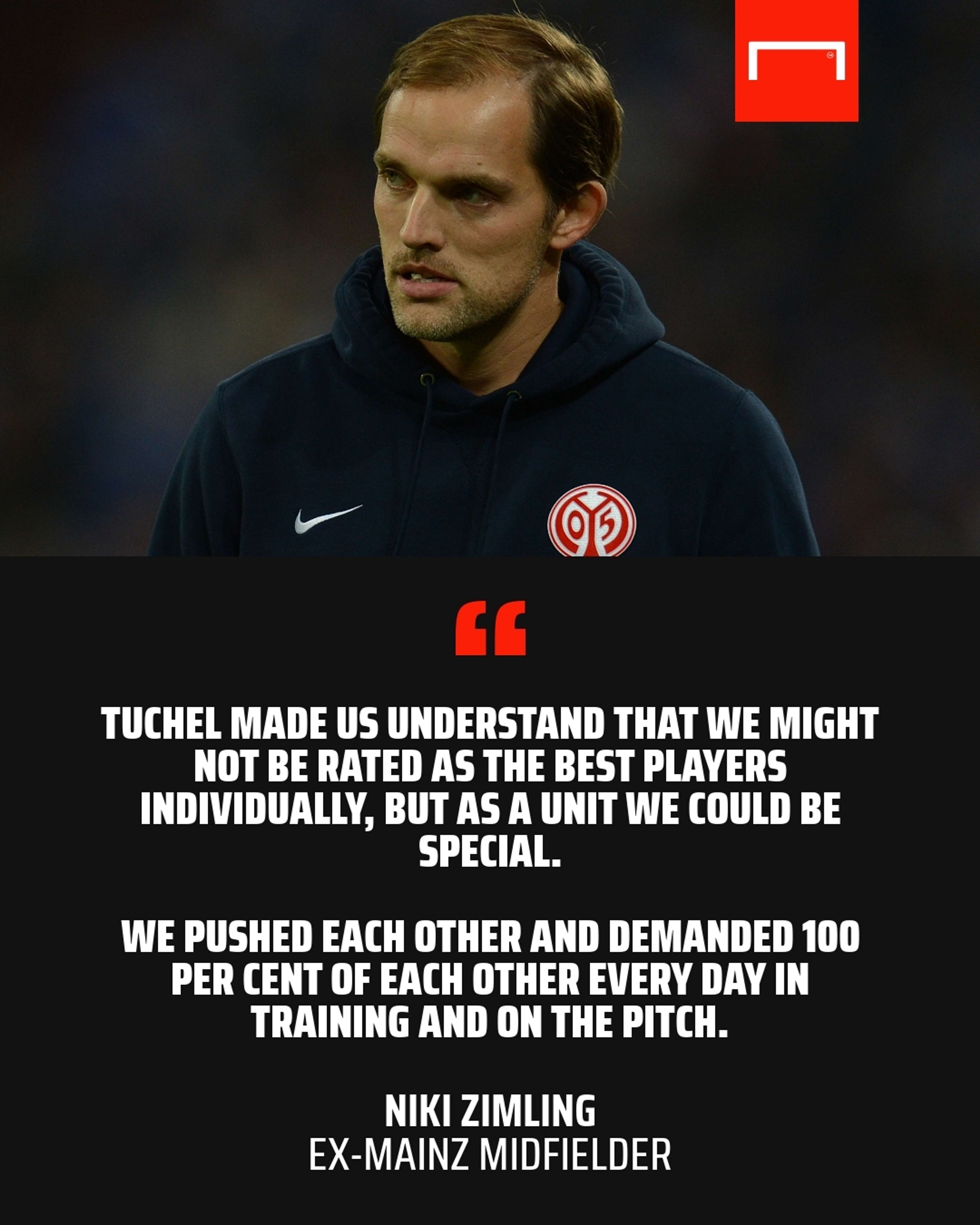 Getty/Goal
Getty/Goal
There is certainly a feeling that Tuchel is putting a similar stamp on things at Chelsea, albeit with better players. The 3-4-1-2 system he has introduced is getting the best out of the likes of Timo Werner, Marcos Alonso and Callum Hudson-Odoi after their individual struggles under Frank Lampard.
Victory on the road against Atletico Madrid in last week's Champions League last-16 first leg showcased the progress the Blues are making, and their improvements, coupled with Liverpool's struggles, mean they go into Thursday's encounter a point ahead of their hosts in the battle for a top-four finish.
And while the two coaches share similar styles and a friendship that has seen them conduct post-match interviews together following one of their previous 14 meetings, they differ in one major area.
It is not hard to be regarded as being cold and cerebral when compared with Klopp, but those are adjectives that certainly fit Tuchel's personality regardless.
While Klopp has always been loved by players and supporters alike, Tuchel, while passionate, does not have the interpersonal skills of his long-time peer.
That, in part, has led to fallings out with some of his superiors at Mainz, Dortmund and PSG, and though he has so far managed to unite a squad that was previously fractured at Stamford Bridge, there is always the concern with Tuchel that things could turn sour quickly, such is his intense nature.
It is for that reason that it would be unfair to characterise him as merely the second, less happy-go-lucky, coming of Klopp. The Chelsea boss is his own man, using the teachings of Rangnick his own way.
Whether that spells long-term Premier League success remains to be seen, but the early signs are promising.
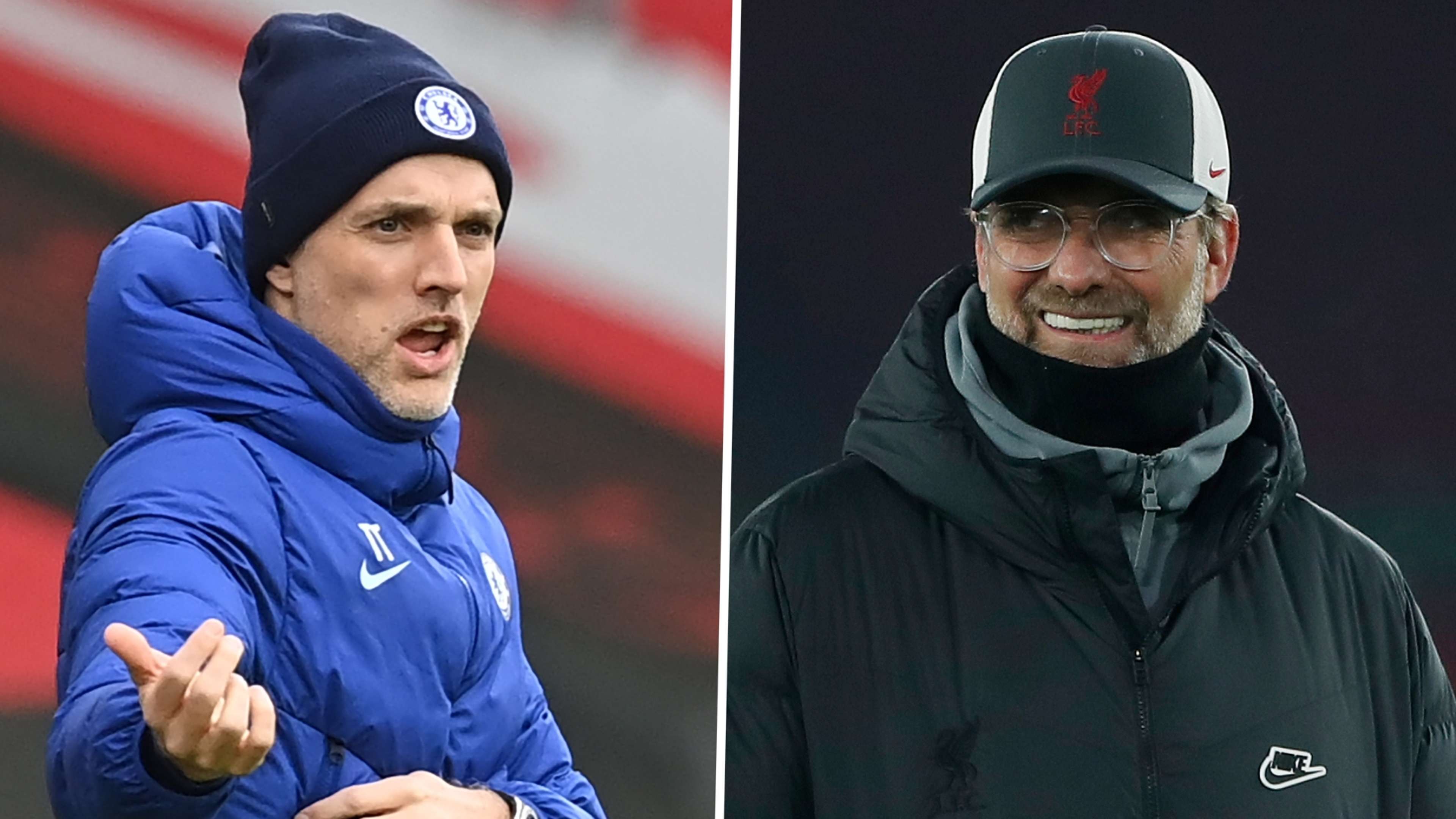
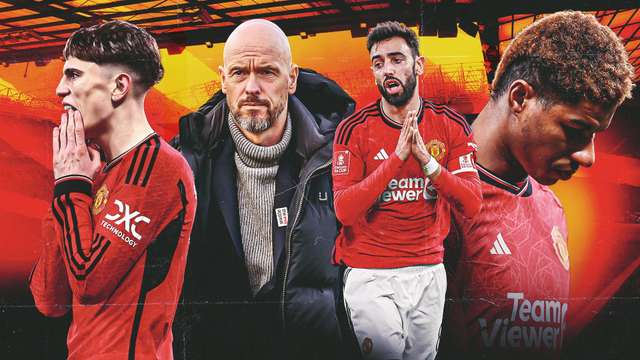
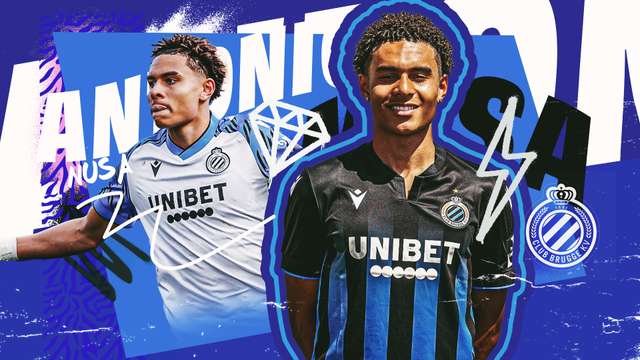
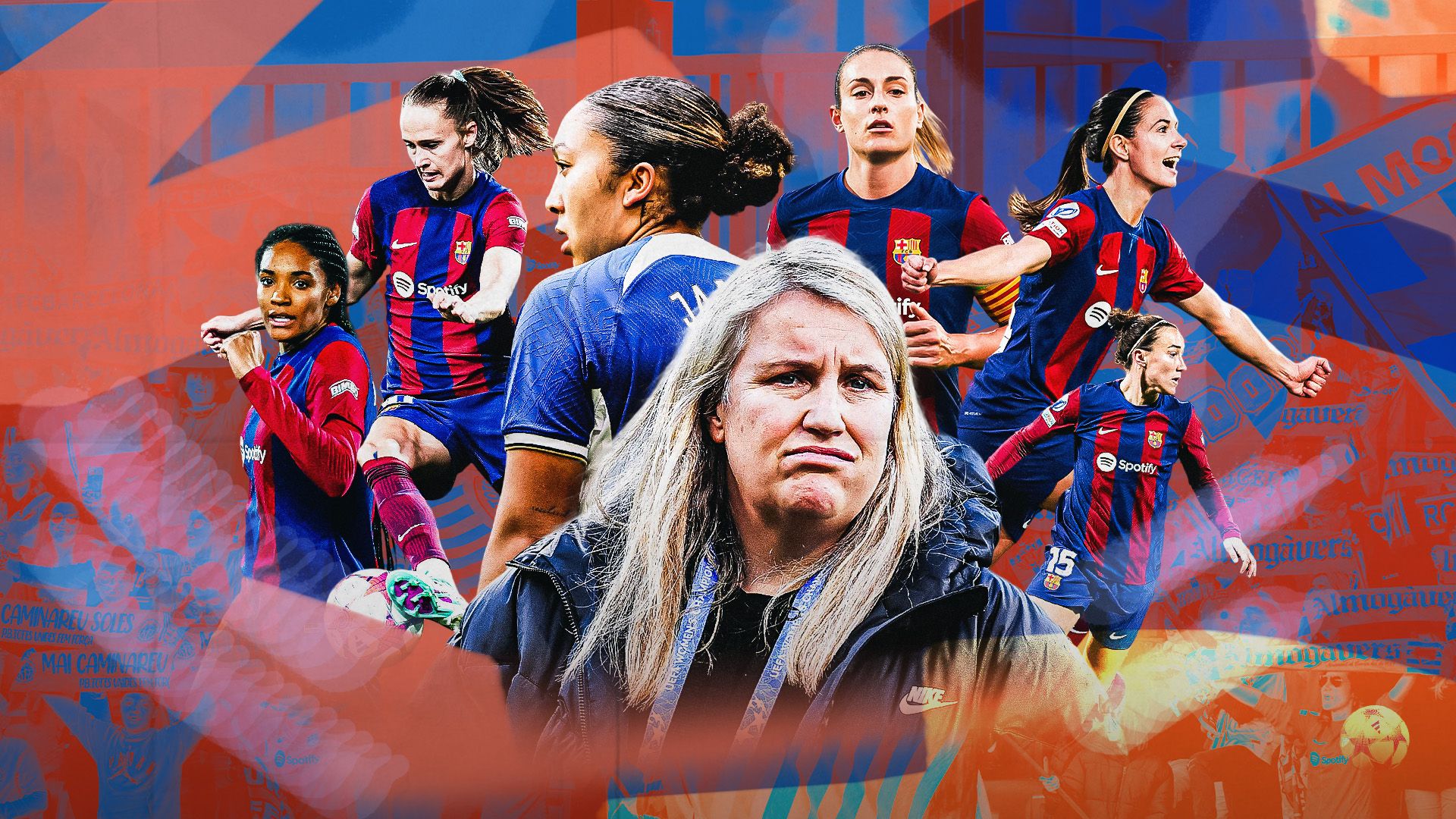.jpg?auto=webp&format=pjpg&width=640&quality=60)
.jpg?auto=webp&format=pjpg&width=640&quality=60)